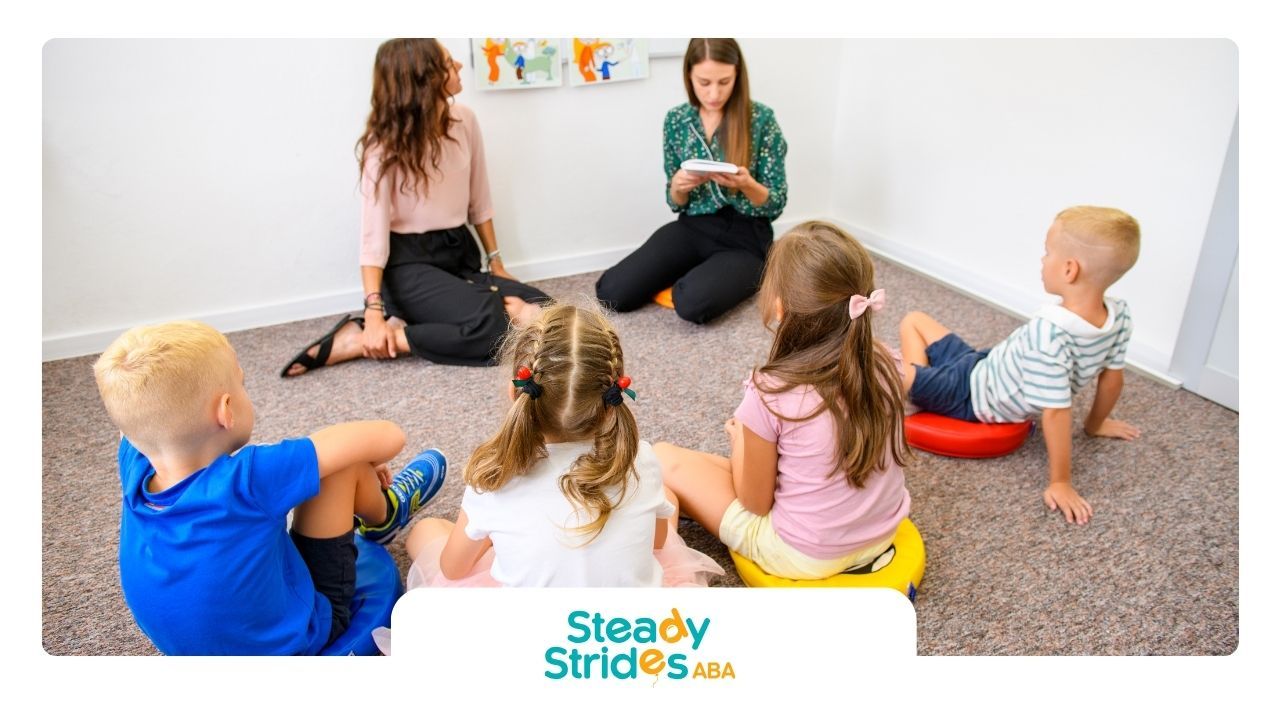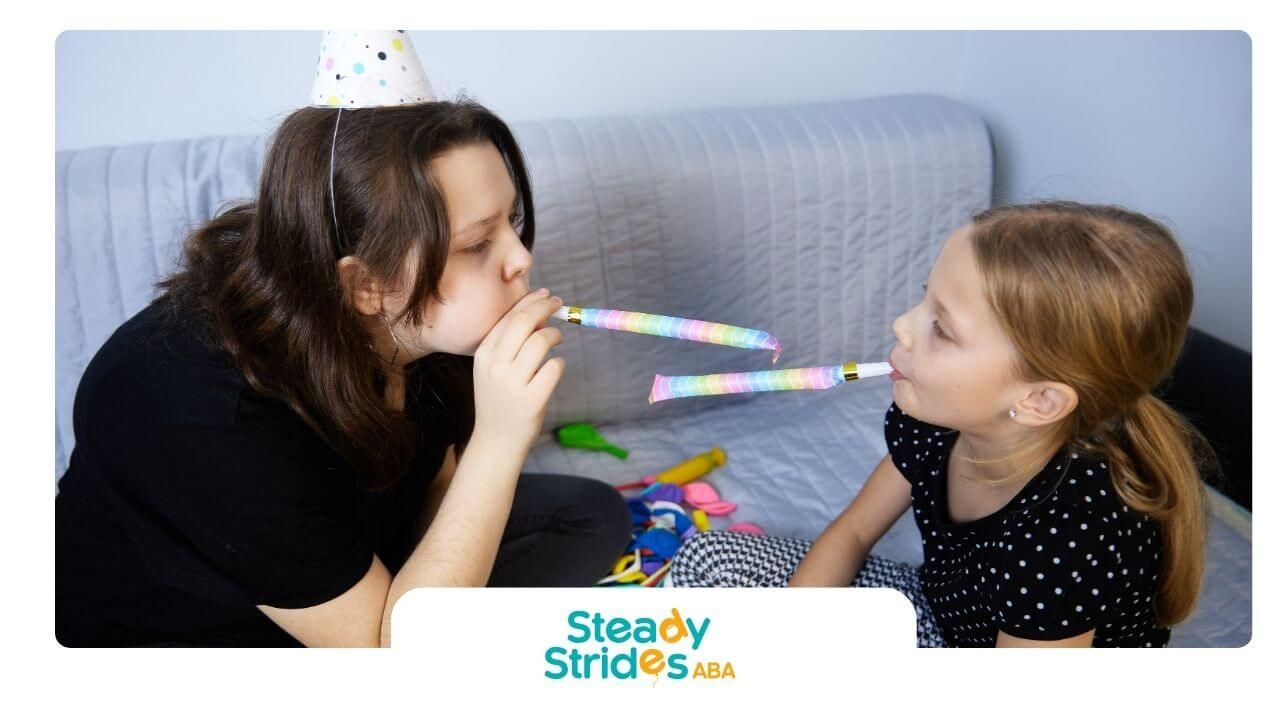Parents of children with autism may wonder: Can ABA therapy replace school? While ABA (Applied Behavior Analysis) therapy provides vital support for communication, behavior, and daily living skills, it’s not a direct substitute for a traditional school education.
ABA therapy and school serve different but complementary roles. ABA focuses on individualized skill-building—including social interaction, emotional regulation, and adaptive behaviors. It’s especially helpful for children who need structured, one-on-one support that a classroom may not provide.
However, traditional or special education settings also cover academic learning, such as reading, writing, math, and science. These are areas that most ABA programs do not directly teach unless integrated into a homeschooling curriculum or used in tandem with educational services.
In some cases, particularly with young children or those facing severe behavioral challenges, parents may temporarily prioritize ABA over school to build foundational skills. But long-term success often requires a balance of both educational and therapeutic support.
At Steady Stride ABA, we collaborate with families and schools to develop holistic plans tailored to each child’s needs—ensuring they get the most from both learning environments.
Frequently Asked Questions
Can my child skip school for ABA therapy?
Short-term, it may help—but ABA isn’t designed to fully replace formal education.
Does ABA include academics?
Not typically; ABA targets behavioral and functional skills, not standard academic subjects.
Can ABA be combined with school?
Yes, many children benefit from a combination of both.













